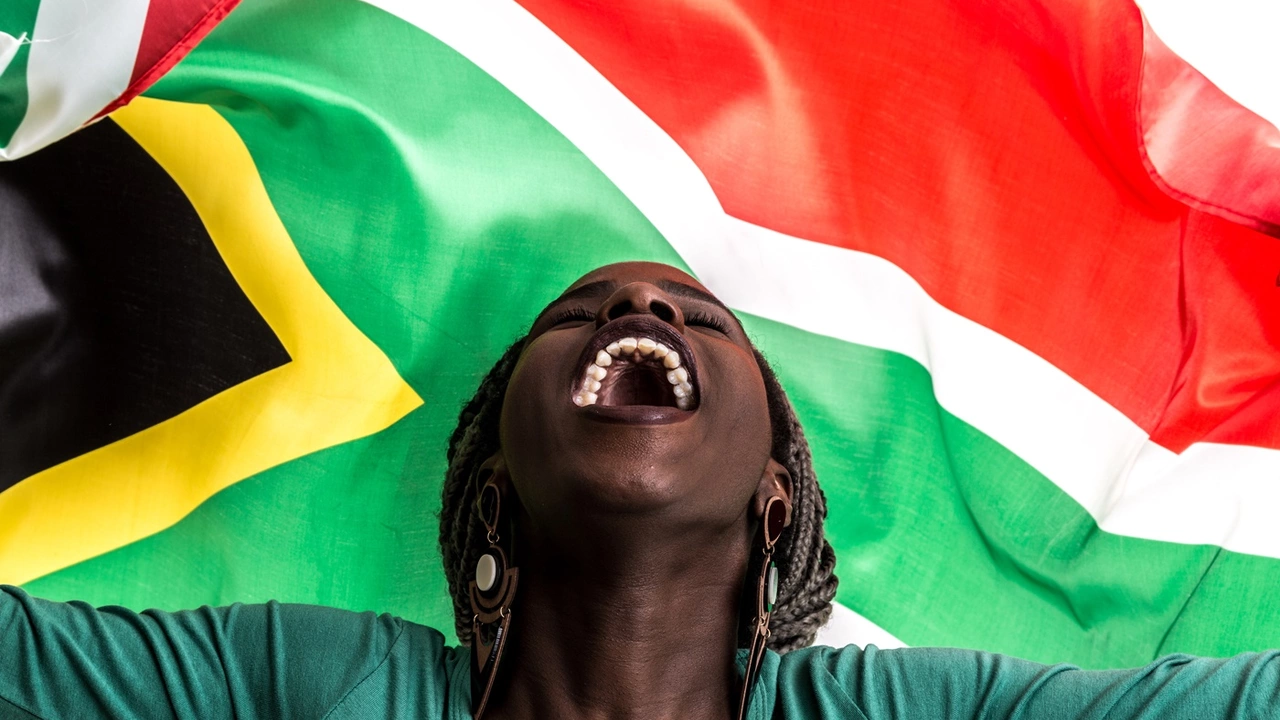Why Soccer’s Significance Goes Beyond the Pitch
Soccer isn’t just a sport; it’s a thread that ties people together, fuels economies, and shapes personal habits. Whether you’re cheering in a stadium or kicking a ball in the backyard, the game leaves a mark on many parts of life. Let’s break down what makes soccer so vital for fans, players, and even whole nations.
Community and Culture
First off, soccer builds community. A local club can become a meeting point where strangers turn into friends over a shared chant. In neighborhoods across the UK, kids gather after school to play on a rough‑and‑ready pitch, and those minutes of teamwork create bonds that last a lifetime. The same buzz happens in big cities where a match day can turn streets into a sea of colors, flags, and friendly banter.
Culture also rides on the back of the sport. National teams wear more than jerseys; they carry history, pride, and identity. When England faces South Africa, the game becomes a conversation about heritage, rivalry, and mutual respect. Fans talk about the legends, the iconic goals, and the moments that defined their generation. That shared storytelling fuels a sense of belonging that goes far beyond the final whistle.
Health and Personal Growth
On a personal level, soccer pushes you toward better health. Running, sprinting, and quick direction changes improve cardiovascular fitness, stamina, and coordination. Even casual players feel the benefit – fewer headaches after a match, better sleep, and a boost in mood thanks to endorphins released during play.
Beyond the physical, the sport sharpens the mind. Players learn to read the game, anticipate moves, and make split‑second decisions. Those skills translate to better problem‑solving and stress management off the field. For younger fans, watching tactical plays or reading match analysis can spark an interest in strategy and teamwork.
Financially, soccer drives local economies. From ticket sales and merchandise to food stalls and transport, a single match can generate thousands of pounds for surrounding businesses. Clubs also invest in youth academies, creating jobs and providing pathways for aspiring athletes.
All these pieces—community, culture, health, and economics—show why soccer’s significance isn’t just about scores. It’s a catalyst that enriches lives, builds identities, and fuels growth in ways you might not notice at first glance.
So next time you hear the crowd roar or lace up your boots, remember you’re part of something larger. Soccer’s impact stretches far beyond the stadium lights, shaping the world one kick at a time.
What is the national sport of South Africa?
Well, buckle up folks because we're journeying to the vibrant land of South Africa, where rugby reigns supreme! Yes, my friends, that's right, the national sport of this rainbow nation is rugby! Now, I can see some of you scratching your heads and asking, "Isn't it cricket?" Well, cricket is big too, but rugby takes the cake, or should I say 'tries' to take the cake? Get it, 'tries' (a term in rugby)? Anyway, whether it's the fierce competition of the Rugby World Cup or a friendly match in the local park, South Africans breathe, live, and probably eat rugby for breakfast - a healthy portion of sportsmanship with a side of team spirit! So, grab a rugby ball and join in the fun, who knows, you might just turn out to be the next big Springbok!
Why do the best soccer players wear No. 10?
In my recent exploration, I've discovered that the best soccer players often wear No.10 due to tradition and symbolism. Historically, the No.10 was given to the playmaker or attacking midfielder, positions often filled by the team's most skillful and creative players. Over time, legends like Pele and Maradona further elevated the prestige of this number. Today, wearing the No.10 is seen as a badge of honor, symbolizing leadership, creativity and exceptional talent on the pitch. Therefore, the tradition continues, with top players often seeking to claim this iconic number.

